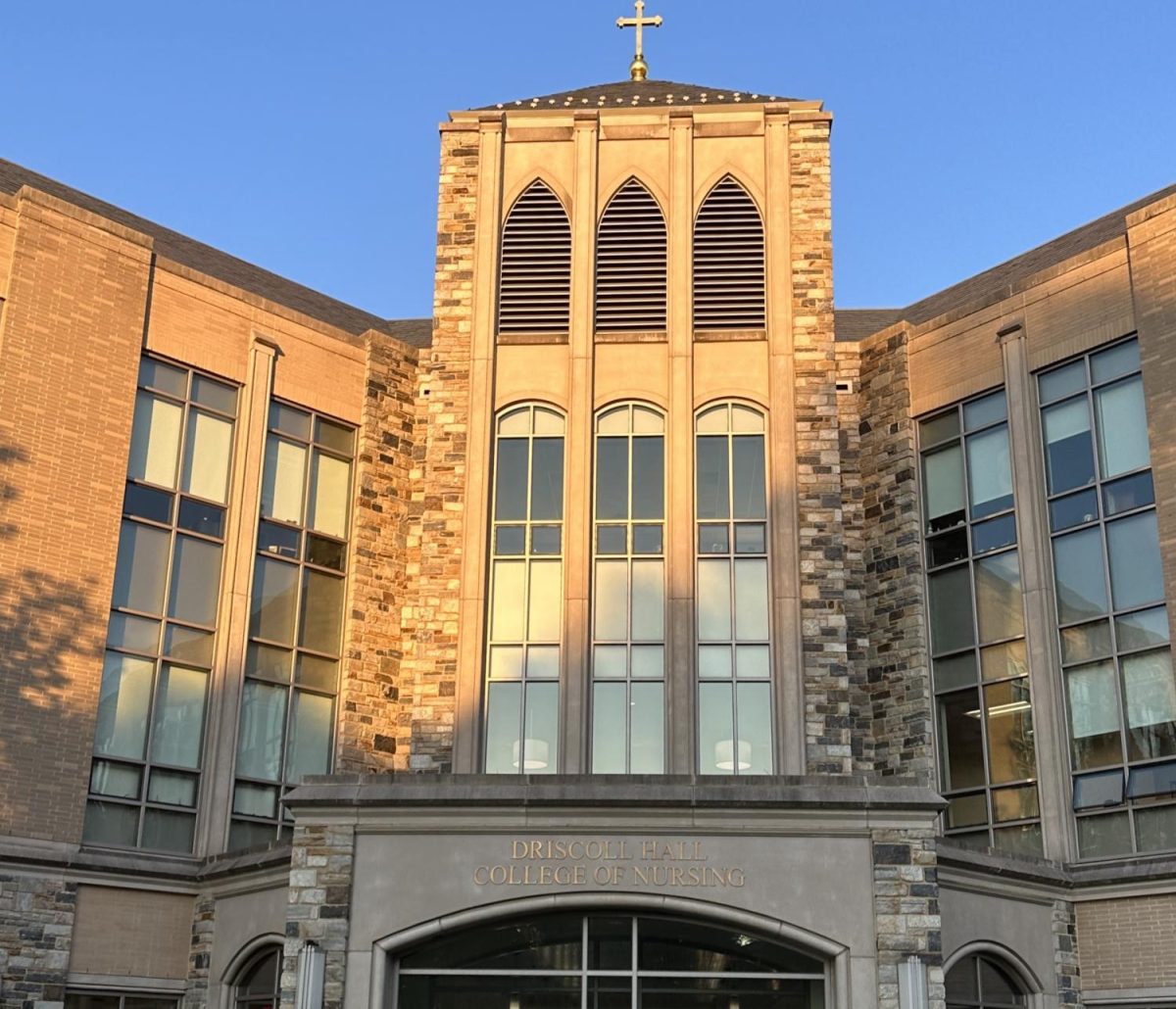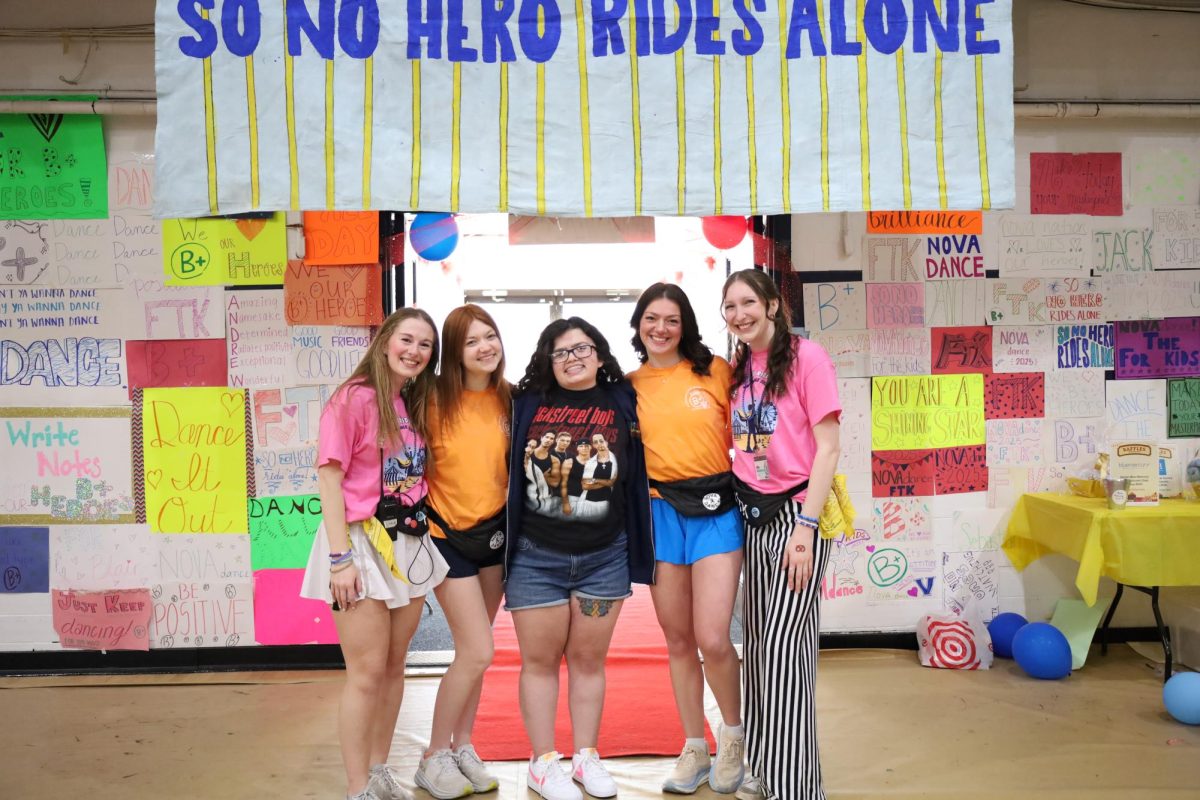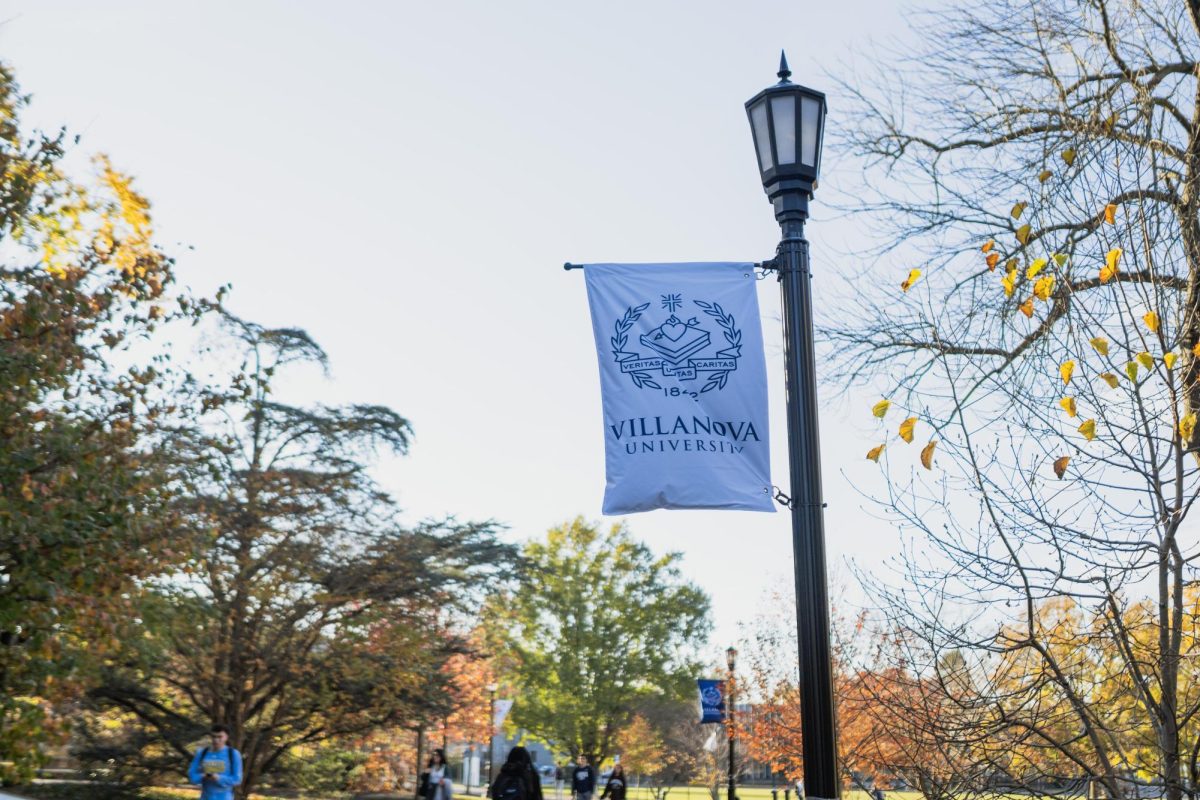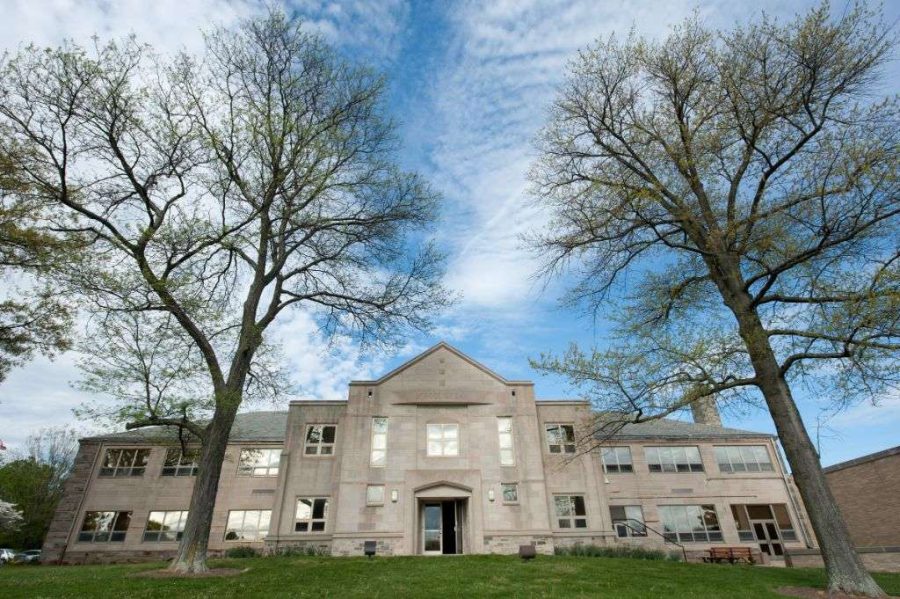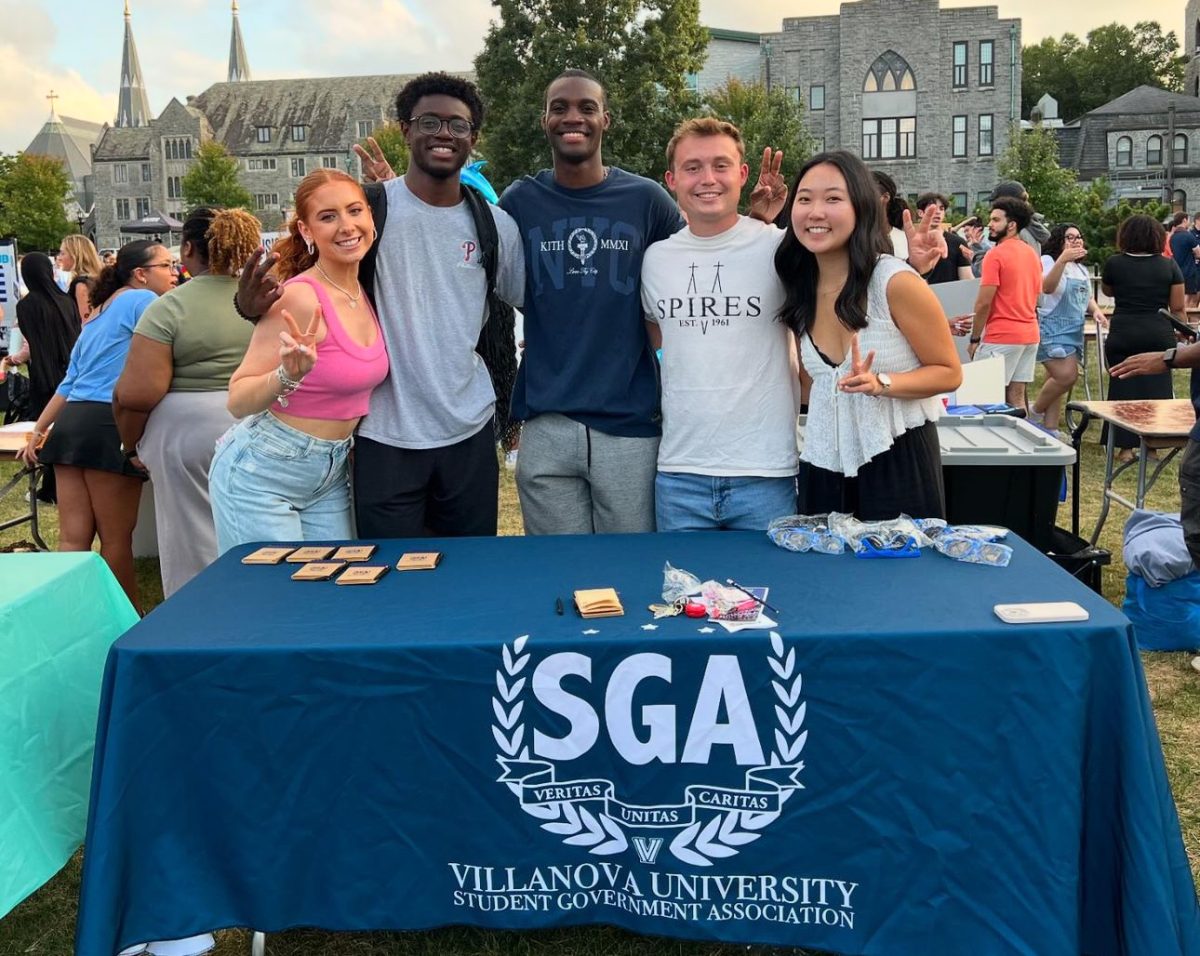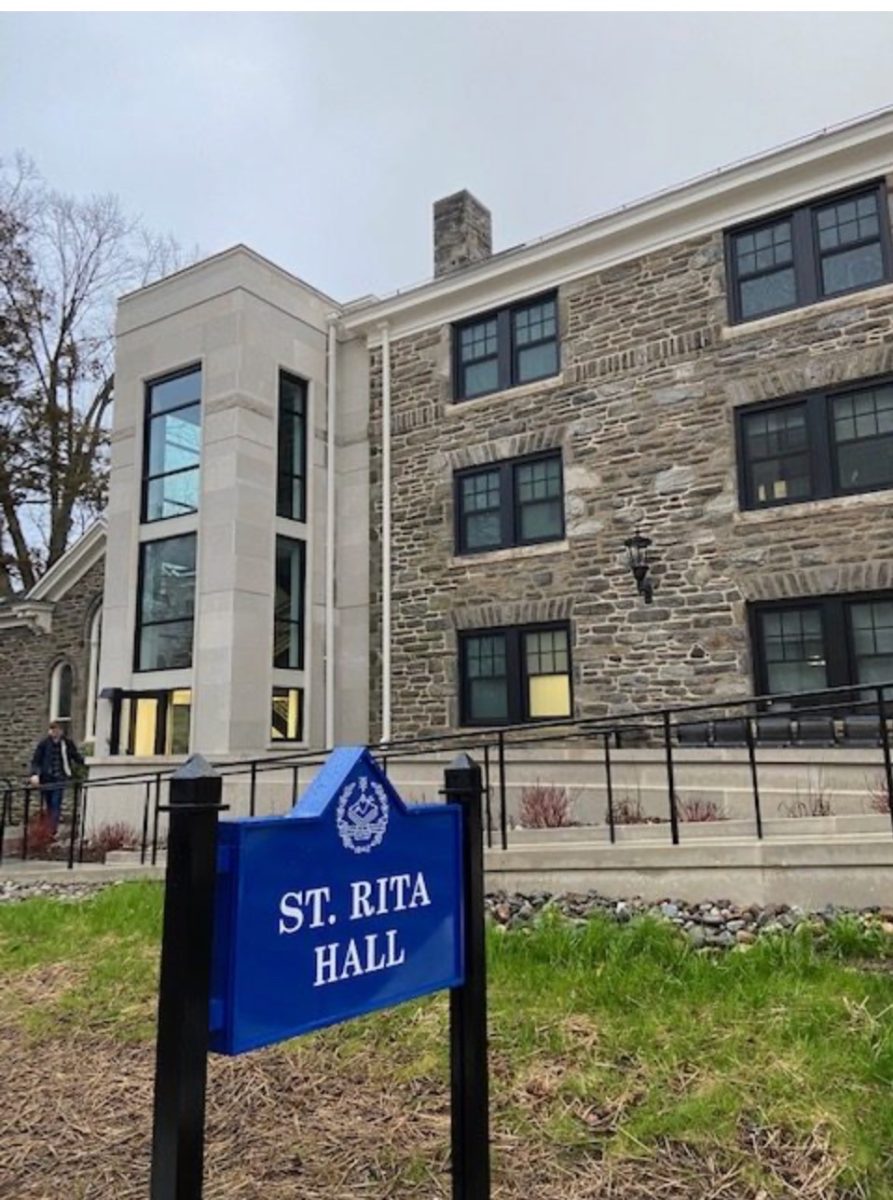On Thursday, April 18, The Space hosted a panel featuring three professors from the University to discuss motherhood and agency in today’s world. The event began at 5:30 p.m., and by 5:25 p.m. Only standing room was left in the audience.
The Space prides itself on being an organization committed to creating opportunities and spaces on campus for meaningful conversations on topics related to reproductive justice.
The panelists covered themes such as hookup culture, motherhood in today’s world, sexual identity and health services. Many of the questions were geared towards how to encourage discussion on these topics within a Catholic institution.
“As a PWI, not even as a Catholic institution, we also have limits in how we understand and talk about these things,” Dr. Jean Lutes, professor in the English Department, said. “Our ideas about sexual identity are not only impacted by gender, but race and class, as well.”
Harm is fostered by solely promoting one homogenous narrative surrounding sexual identity.
“There is a silence of the LGBTQ community,” Dr. Melissa Hodges, a professor in the Sociology Department, said. “This is pride week, and I haven’t seen much advertising…silencing is an erasure. There is an institutional responsibility.”
Dr. Kaley Carpenter then shifted the idea of institutional duty to student agency.
“What is great about The Space is you all saw a need and acted upon it,” Carpenter said. “That being said, there is much institutional work to be done.”
This institutional responsibility is clearly needed for its students, but also demanded in response to the existent disparities between faculty and staff.
“For example, maternity leave for faculty is not equal for staff,” Lutes said. “Faculty get a better deal than staff on campus.”
Much of the conversation honed in on the vitality of conversation, and specifically a prominent student concern: the University’s lack of it.
At the beginning of the academic year, an event discussing dating and hookup culture was offered to the student body.
“That place was packed,” Carpenter said. “It happened the night of the first reported sexual assault of the year.”
A recent guest essay in the New York Times entitled, “The Troubling Trend in Teenage Sex” was featured on numerous occasions during the panel. In the article, author Peggy Orenstein describes the trend of harmful sexual practices amongst teenagers and college students.
“As with anything else, repeat exposure can render the once appalling, appealing,” Orenstein said, pointing to mainstream media and lack of conversation as the culprit to this new phenomenon.
“There is an assumption that everyone is doing something,” Carpenter said.
This expectation is fostered by the elimination of critical discussion.
When it comes to how the University can best support its students, Hodges supports the establishment of more private spaces that are “not nearly as sexually coded as dorm rooms,” going on to describe the limited space and implications promoted by the area-dominated dorm bed.
Reiterated by the panelists as well as students present within the audience, another incredibly valuable change would be increased conversation dedicated to these very timely topics.
The clear student interest in these events has been made immensely apparent, which only poses the question: Why are there not more events similar to these discussions?

